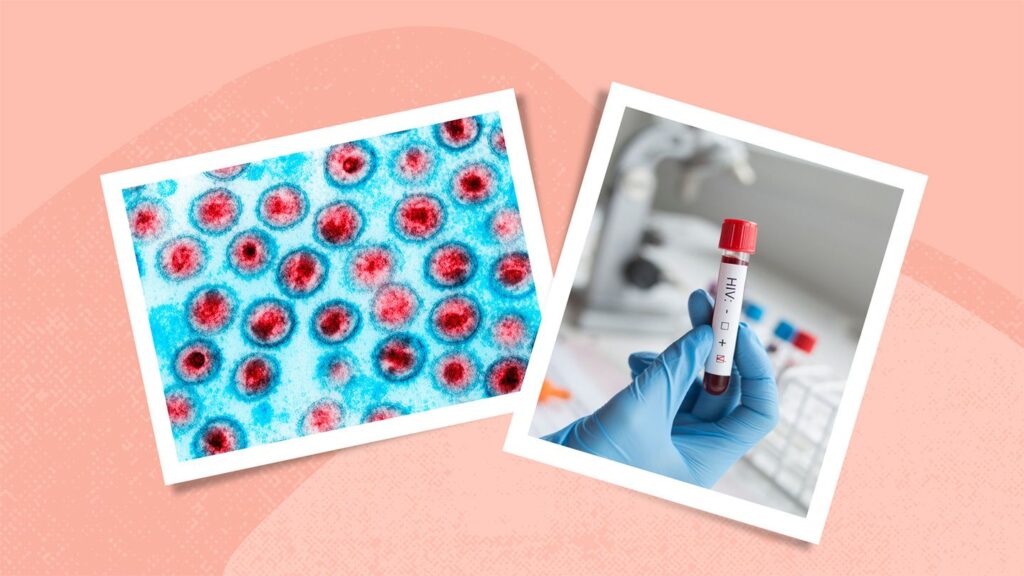But in the years since then, red wine has lost some of its rosy glow, and scientific studies on red wine are mixed. “There really is a lot of research calling into question this idea that any amount of drinking is healthy,” says Samantha Cassetty, RD, a registered dietitian based in New York City and coauthor of Sugar Shock.
You could argue that there are some health benefits to drinking red wine, but there are better ways to get those health gains. Read on to discover more.
What Is in Red Wine?
Red wine is made from the juice of dark-skinned grapes. That dark skin adds color, which can range from pale gem tones to deep purples. Different types of red wine, known as varietals, are based on the specific grape used to make the wine, although the same varietal can also produce wines that vary based on the year, growing conditions, producer, and other factors.
Whether deserved or not, red wine gets its healthy reputation from certain compounds it contains, including antioxidants, flavonoids, tannins, and resveratrol. White wine, which is made from light-skinned grapes, doesn’t have those same compounds.
- 125 calories
- 0.1 grams (g) protein
- 0 g fat
- 3.8 g carbohydrates
- 1 g sugar
- 0 g fiber
Red Wine Health Claims
The research that indicates red wine has heart-health benefits says that’s thanks to plant-based compounds called polyphenols. “For a lot of these benefits, it points to the antioxidant resveratrol, which may protect the lining of blood vessels,” says Bonnie Taub-Dix, RDN, creator of BetterThanDieting.com and author of Read It Before You Eat It: Taking You From Label to Table. “Can there be benefits? Yes. But can there be negatives? Of course.”
Here are some details regarding the top health claims about red wine:
Cardiovascular Health
“I think even the cardiovascular benefits are very questionable at this point, because research suggests that even at low levels, alcohol may raise the risk of high blood pressure,” Cassetty says.
Neurocognitive Benefits
Longevity
Diabetes
Weight
Depression
She compares drinking red wine for the antioxidants to using honey or maple syrup for their nutrients: “We’re not turning to sugar to get antioxidants, and I feel the same way about red wine. It probably has more antioxidants than other types of alcohol, but at the same time, there are better ways to get antioxidants.”
Risks of Red Wine
Even those who support red wine’s health claims say it must be consumed only in moderation to be good for you. But other evidence suggests that the negative effects of red wine may outweigh any benefits. “It’s questionable whether there is any amount of safe drinking,” Cassetty says.
Here’s what the science says about some of the risks of drinking red wine.
Liver Damage
Red wine’s impact on liver health is well established. “Your liver is always going to try to clear alcohol, because it wants to get it out of your system. Over time, it can overwhelm your liver and lead to irreversible damage,” Cassetty says. “And we have to remember that almost 30 percent of adults in the United States have nonalcoholic fatty liver disease, and alcohol can worsen the liver damage from that disorder.”
High Blood Pressure
“Newer research suggests that alcohol can contribute to high blood pressure and hypertension, which is a risk factor for heart disease, stroke, heart attacks, and other serious health conditions,” Cassetty says.
Weight Gain
“A glass of red wine has about 125 calories. That’s for a 5-ounce portion. Many people don’t serve themselves that amount or don’t get served to that amount,” Cassetty says. “And alcohol is generally empty calories. The calories from alcohol can put you in a calorie surplus.”
Increased Risk of Cancer
“The U.S. allowance of up to a drink a day for women and up to two drinks a day for men, which is what health professionals consider moderate drinking, is associated with a higher risk of certain cancers,” Cassetty says.
Dangers for Certain Groups
This includes people who:
- Are under age 21
- Are pregnant or trying to become pregnant
- Are taking medication that can interact with alcohol or have medical conditions that may get worse if they drink alcohol
- Are planning to drive, operate machinery, or do activities where they need to be coordinated and alert
- Are in recovery from an alcohol use disorder
- Are unable to control the amount they drink
“If you have a more addictive personality — and once you have one glass, you’re having two or three or four — that’s a problem,” Taub-Dix says.
The Takeaway
While drinking red wine may be part of your social life or your diet, it’s crucial to know that any health benefits from it may not outweigh the risks. It’s important to take your health goals into account when you’re deciding whether to drink red wine, and to make informed decisions about red wine consumption based on current research and expert advice.



